“Most people ignore most poetry because most poetry ignores most people”
– Adrian Mitchell, poet and playwright.
The late poet quoted above would have been heartened by the recent readings at Liverpool’s Open Eye Gallery, where the works spoke to the audience of everyday lives and of what makes them extraordinary. The venue is dedicated to photography but is also “rethinking what a gallery can be” and on the night in question, gave a platform to three poets and an innovative musician.
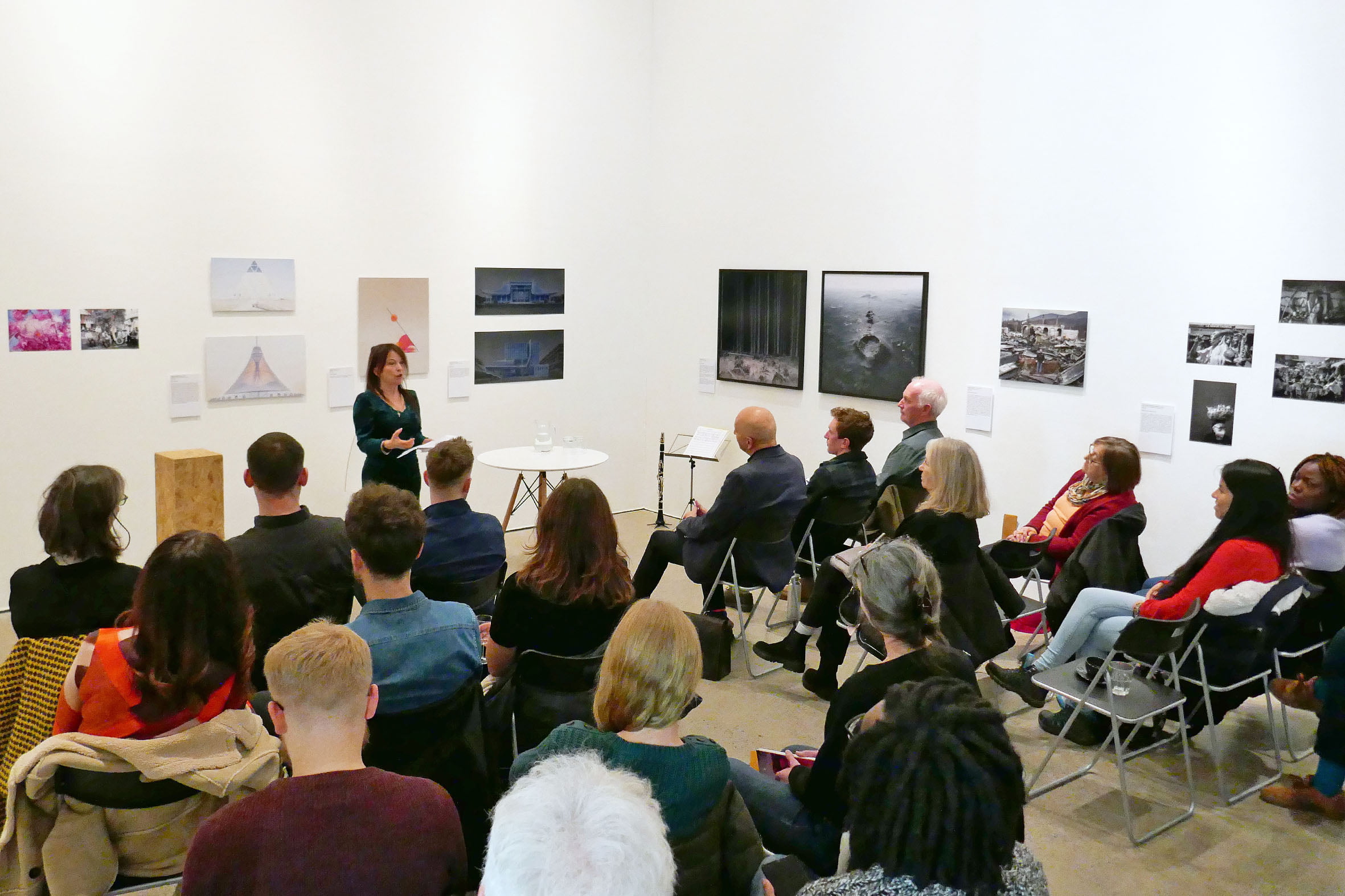
Maria Isakova-Bennett speaking at Open Eye Gallery, 2022. (Credit: Ron Davies)
They were brought together by Maria Isakova-Bennett, as part of her on-going ‘Coast to Coast to Coast’ project. This is a proverbial labour of love, a one-woman initiative, which has seen her publish hundreds of poems in limited-edition hand-stitched journals.
In introducing the first of the poets, Stephen Keeler, she described why he was awarded her 2020 Individual Poet Prize:
“His collection, ‘Scar Tissue’, stood out for me right from the beginning. It is very painterly and I found I kept going back to it. It is a poetry memoir in which the most ordinary of objects all carry significance”.
Keeler described his poems as being of “love and loss and what happens between those two”. But before beginning his reading, he took us back to Liverpool in 1969 and the 1st Edition of ‘The Mersey Sound Poets’. He recounted how this was the book that inspired him as a young man to begin his own journey to becoming a published poet:
“It was seminal for me. It was the first poetry book I ever read and I thought, “I could do this! I could be cool like them” (Adrian Henri, Roger McGough and Brian Patten). And so it’s very special to be here in Liverpool. I feel like a rock star!”
Originally from County Durham, Keeler now lives in the North West Highlands of Scotland, but he still regards himself as a city man, as the following poem reflects:
Quiet City
The lights keep changing through the night
as though expecting nothing else to happen.
A low-slung taxi prowls; a tail-light flares,
and neon slithers from its roof.
The doorway litter lifts its head and turns;
a painted sign declares no vacancies
beside the empty car park,
beside the redbrick wall,
beside the shut-down drive-thru
while the lights keep on changing through the night.
Between each reading there was improvised music from Nick Branton. Nothing quite prepares you for the sounds he pushes from his clarinet in response to the poems. His playing is a performance of his whole body; the instrument a vehicle for what he can do with the longest of breaths. Just when you think his lungs can’t possibly hold out any longer, he sucks in a gasp of air and pure notes burst from the clarinet.
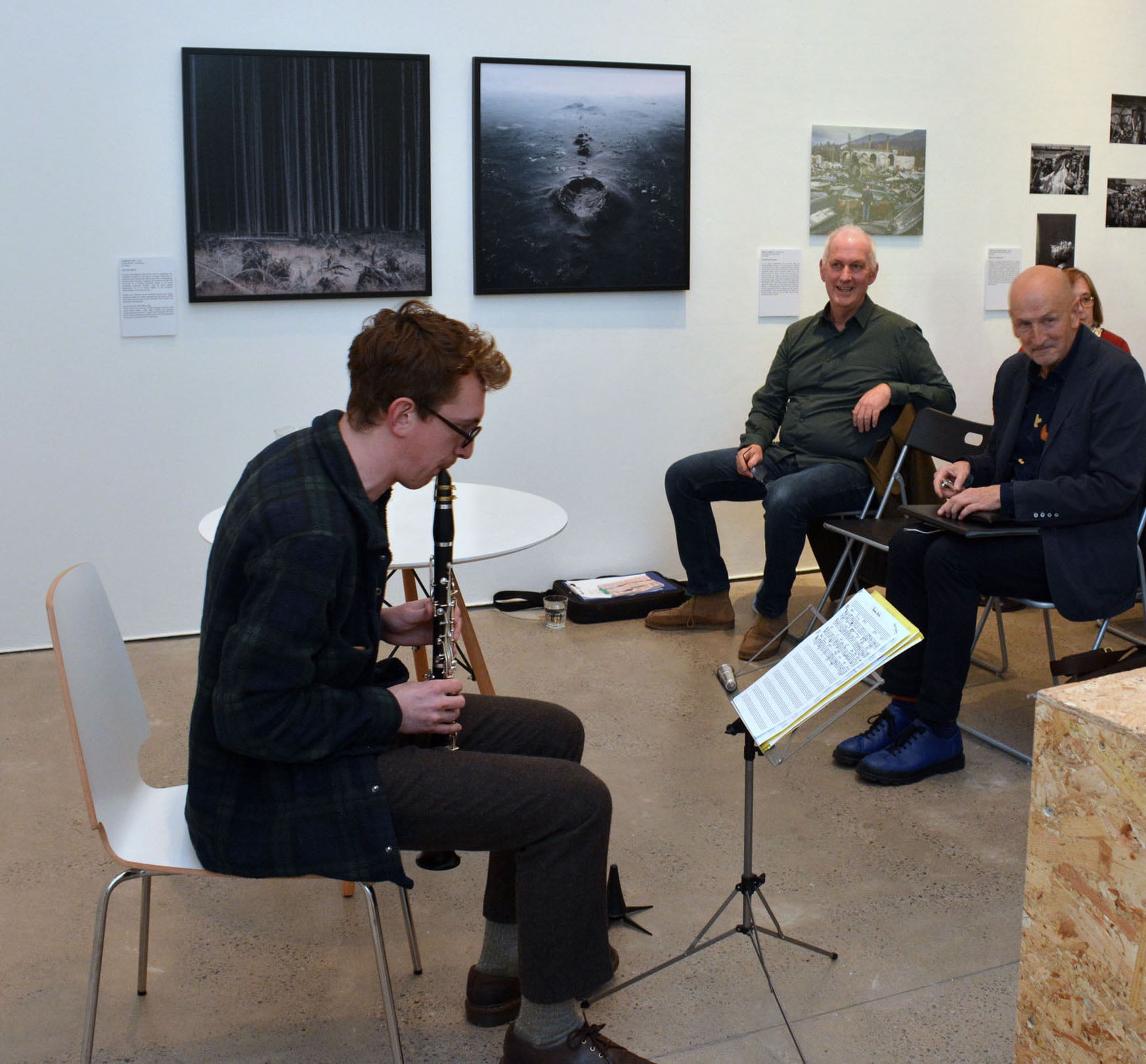
Nick Branton playing the clarinet at ‘Open Eye Gallery’. Poets Stephen Keeler and Ken Evans watching on. (Credit: Ron Davies)
Judy Brown read from her latest collection, ‘Lairs’, published by Seren. The poems were informed by mathematics after a residency at Exeter University’s Institute of Data Science and Artificial Intelligence. It seemed an unlikely place for inspiration and Brown describes what drew her to make this conjoining of mathematical modelling and poetry:
“I was drawn [to this fellowship] by the mystique of the words and the elegance of the sentences used by the mathematicians, and by the way my own ignorance tried to fill them with meaning”.
One of the works that came out of the collaboration, ‘The Three Gods of the Heart’, was inspired by the mathematicians’ model of how heartbeat works, a computer modelling to help surgeons. This is an extract:
The mimic heart will learn to sit in a surgeon’s hand,
ectoplasm in the form of a phone. It’s fast as rats.
It tots up the risk in every alternative future – burn or leave.
The real heart sleeps a ragged sleep like a dog by a fire.
The third of the poets was Ken Evans , reading from ‘To An Occupier Burning Holes’, recently published by Salt. The synopsis describes his poetry as “a restless delight as he tackles any subject from lost invoices, hearing aids, fruit flies, migration, bin lorries, bullet-pierced road signs, to love’s strains and pleasures.”
Amongst his awards was the Leeds Peace Poetry Prize in 2018 with ‘Turning Circles’, which dealt with sectarianism in Northern Ireland. ‘Bacchanal’, in his latest collection, also shouts at the mindlessness of conflict:
The invader sends wine to sweeten us,
our fighters in a street in green fatigues.
They wave and stagger till they fall over,
red wine pouring from their throats.
Our defenders offer to match an invaders’
rounds, but they refuse, ‘No, this is on us,
drink up. You’re welcome.’ In hospital,
drunk songs yell from booze-sodden beds.
The invaders largesse knows no bounds:
fiery vodka, cognac, brandy, Jäger bombs.
His poem ‘How Many Traffic Lights Are There in the Picture?’ prompted wry laughter from the audience, recognising the situation. We’ve all been there … “are you a robot? How would I know?” ends Evans.
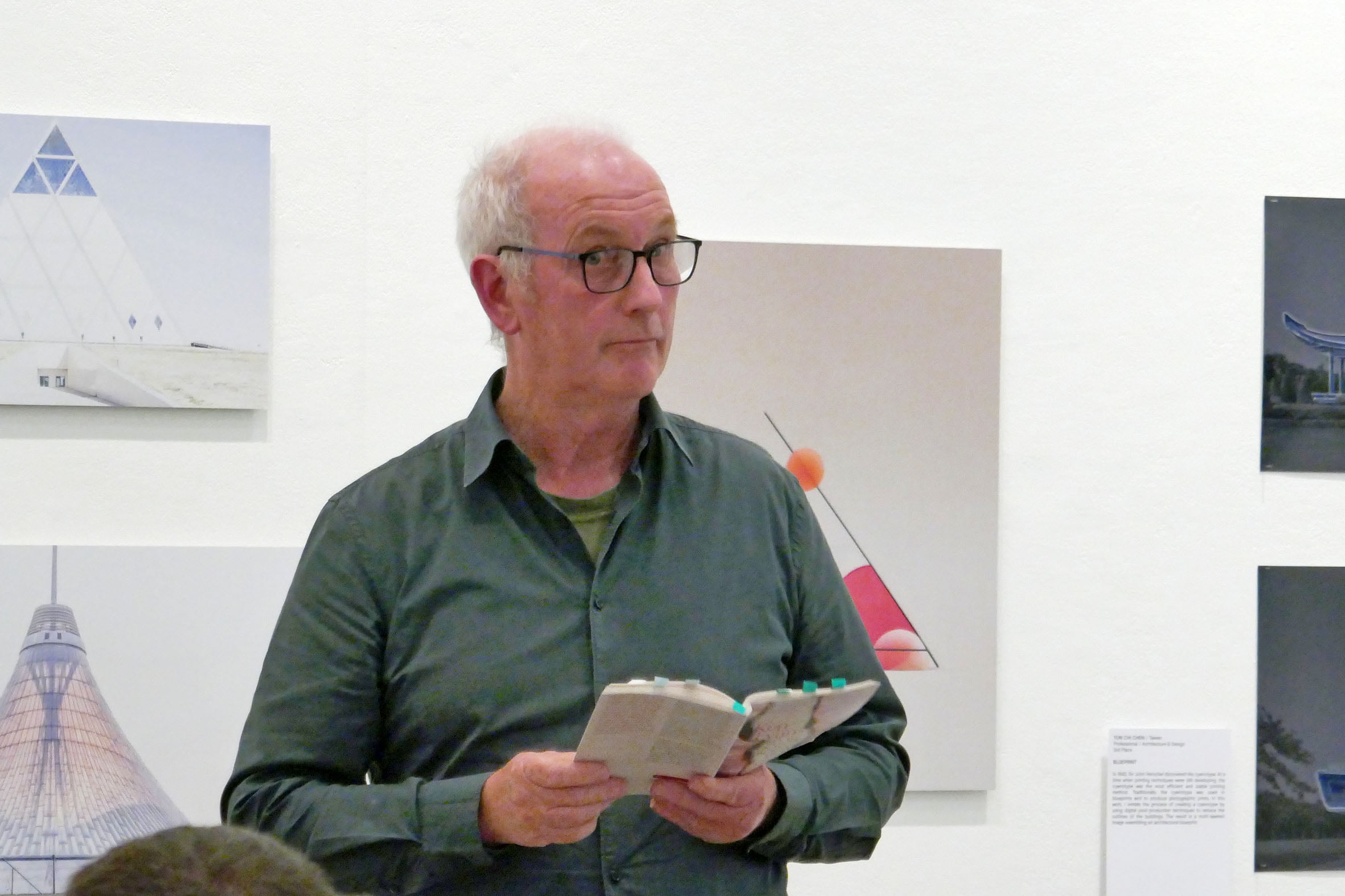
Ken Evans at ‘Open Eye Gallery’. (Credit: Ron Davies)
Isakova-Bennett, a poet and artist herself, knows only too well what it takes to craft a poem and it is this empathy that has brought Coast to Coast to Coast into being.
“I wanted to give time to the poets, to give back the time and effort they have put into the work, and my response is with stitch, as Nick’s is with music.”
***
Open Eye’s current exhibition, the 2022 Sony World Photographic Awards, was a bonus at the poetry evening and runs until the 22nd December. Like so much in the arts, volunteers help in the running of the Gallery. On the 1st December there was an exhibition launch on Open Eye’s Digital Window, of creative work by their volunteer team.
Open Eye Gallery is 45 this year and when opened in Liverpool in 1977, it was one of the UK’s first dedicated photographic galleries. Today it continues the ethos of keeping their programme free and open to all and of co-producing photography projects that push for social change.
***
Check out our writer Lorraine Bacchus’ website here.
Filed under: Poetry
Tagged with: art, clarinet, collaboration, creative, creativity, Liverpooll, music, musician, photography, poetry, poets, project
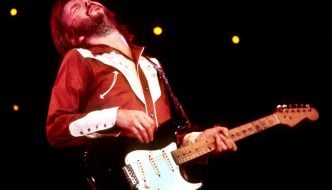
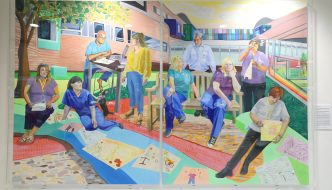
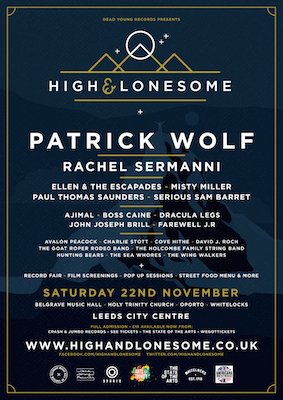
Comments